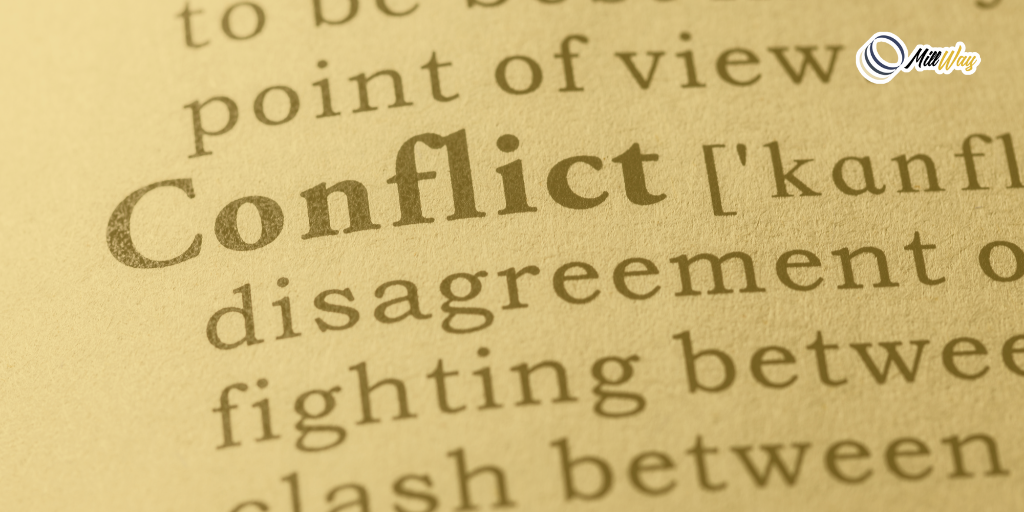
In the age of information overload, we are connected to the latest news almost every minute — from online media notifications, TV, to social media timelines. But did you know? Constant exposure to conflict news can backfire on our mental health.
Instead of broadening our knowledge, endlessly scrolling through bad news can make us anxious, stressed, and disrupt our sleep. This phenomenon has been studied by many mental health experts, and the results are consistent: repeated negative information can lower a person’s quality of life.
The human brain is designed to be sensitive to danger. When we read news about conflicts or violence, the brain immediately triggers a “danger alarm,” as if we were in that situation ourselves.
The problem is, this alarm doesn’t stop automatically. Coupled with feelings of helplessness, excessive empathy, and the habit of doomscrolling (endlessly scrolling through bad news), it eventually leads to prolonged anxiety. This is why after reading conflict news, we often feel uneasy or restless.
The effects are not just mental but physical as well:
If left unchecked, this condition can develop into chronic stress, increasing the risk of other health issues like high blood pressure, digestive disorders, and even depression.
Being informed is important. But don’t let that concern harm your body and mind. Here are some simple steps you can take:
Set a schedule, e.g., morning and evening, so the brain is not constantly flooded with negative information.
Avoid gossip, rumors, or unverified news that only add to anxiety.
Take deep breaths, drink warm water, take a short walk, or do light stretching. These small actions help the brain exit “danger mode.”
Shift attention to things you can actually influence, like maintaining a healthy diet, exercising, or supporting loved ones.
We cannot control conflict news, but how we respond to it is entirely up to us. By limiting exposure, managing emotions, and making space for mindfulness, we can stay informed without compromising our mental health.
